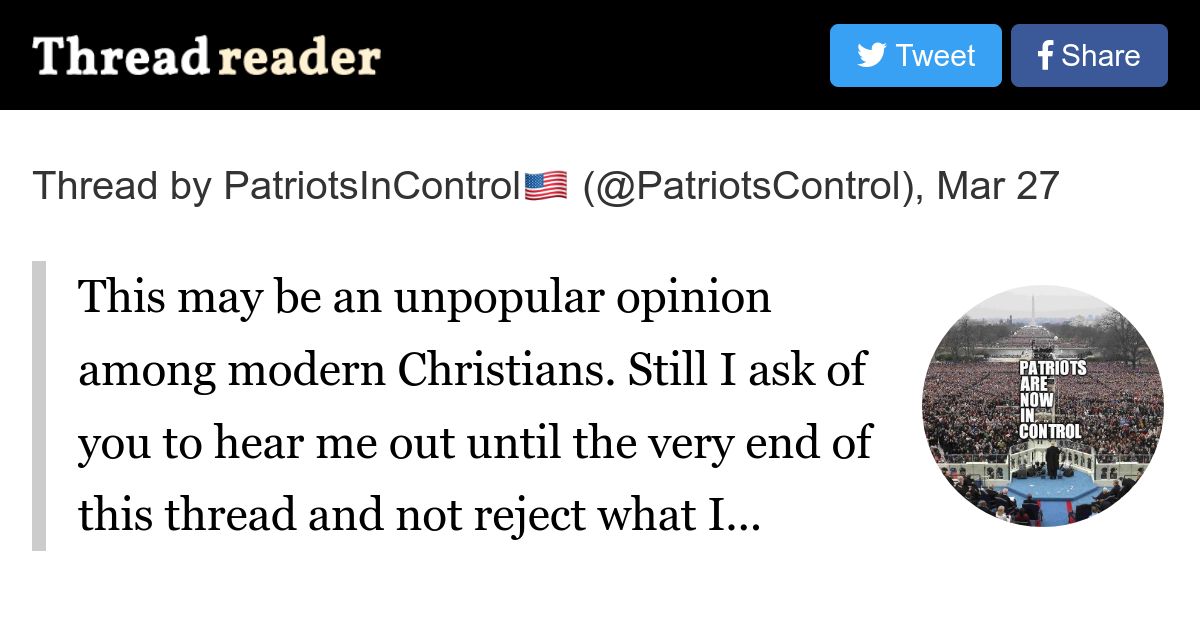Seeking out the root meanings of keywords in these ancient texts they find another, quite different story emerges ' one with enormous implications for our understanding of the human race and our place in the universe.
For more than two millennia readers have interpreted the ancient texts of the Bible as stories of God, a seamless narrative in which God creates the heavens and the earth, botanical and animal life and eventually the human race. However, a number of anomalies in the texts along with intriguing questions of translation point to another possibility.
Paul Wallis is an internationally Bestselling author, researcher and scholar of ancient mythologies. Over the last decade Paul's work has probed the world's mythologies and ancestral narratives for the insights they hold on our origins as a species and our potential as human beings. As a senior churchman, Paul served as a Church Doctor, a Theological Educator, and an Archdeacon in the Anglican Church in Australia. He has published numerous titles on Christian mysticism and spirituality. He is a popular speaker at summits and conferences around the world. Paul's work in church ministry has included training pastors in the interpretation of Biblical texts. His work in Biblical translation and interpretation has revealed a forgotten layer of ancient story, with far-reaching implications for our understanding of human origins and our place in the cosmos.
Mauro Biglino is an internationally Bestselling Italian author, researcher, and highly regarded scholar of ancient Hebrew. For many years he worked for Rome’s Saint Paul Press as a Bible translator, providing with great precision the literal meaning of Hebrew words for Vatican-approved interlinear Bibles.
It is an exacting discipline. The scholar must be rigorous in avoiding any kind of interpretation of the word and give only the literal etymological meaning of each word part.
Mauro’s findings set him at odds with the conventional expectations of the Catholic world and propelled him onto the international stage where his work has opened up a world of cultural memory recorded in the Bible, yet hidden from the public for centuries by mistaken translation and the dogmas of the Church.
Together, Mauro and Paul show that the root meanings of a series of key words in the Bible reveal an earlier layer of information very different to the story of God associated with the Bible. Hidden plain sight in the pages of Genesis is an even more ancient narrative, one which reframes the whole story of human beginnings.
The oldest word in the Bible rendered as “God” is the Hebrew word “elohim.” But is that what the word means? And what are the implications of the translation choices surrounding this mysterious word?
The final edit of the old testament of the bible, the hebrew canon included the layering of some beautiful and profound theology over the top of ancient texts. Unfortunately mistranslating traumatic ancestral memories as if they were encounters with god is a choice with far-reaching consequences.
Belief in a violent xenophobic hierarchical god has been used through the ages to justify violence wars and all manner of abuses. however, the fidelity with which the ancient manuscripts have been curated in the hebrew canon by countless generations of priests and scribes means that in our generation we can now return to these fascinating artifacts of our pre-history and ask how differently they might be translated.














